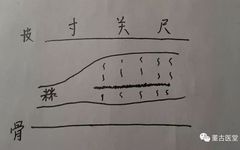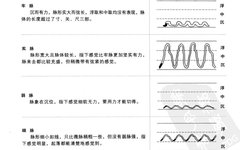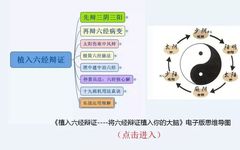Exploration of the Conditions Related to the Chen Xi Mai (Deep and Fine Pulse)
Ming Yi Open Class >>>Lesson 3431<<< Traditional Chinese medicine (TCM) literature contains rich discussions on pulse diagnosis. In the Yuan dynasty, Dai Qizong clearly proposed the pulse diagnosis concepts of “fen, he, ou, bi, lei”. Among these, “fen” refers to the understanding of a specific pulse pattern, while “he” refers to the elaboration of combined … Read more






